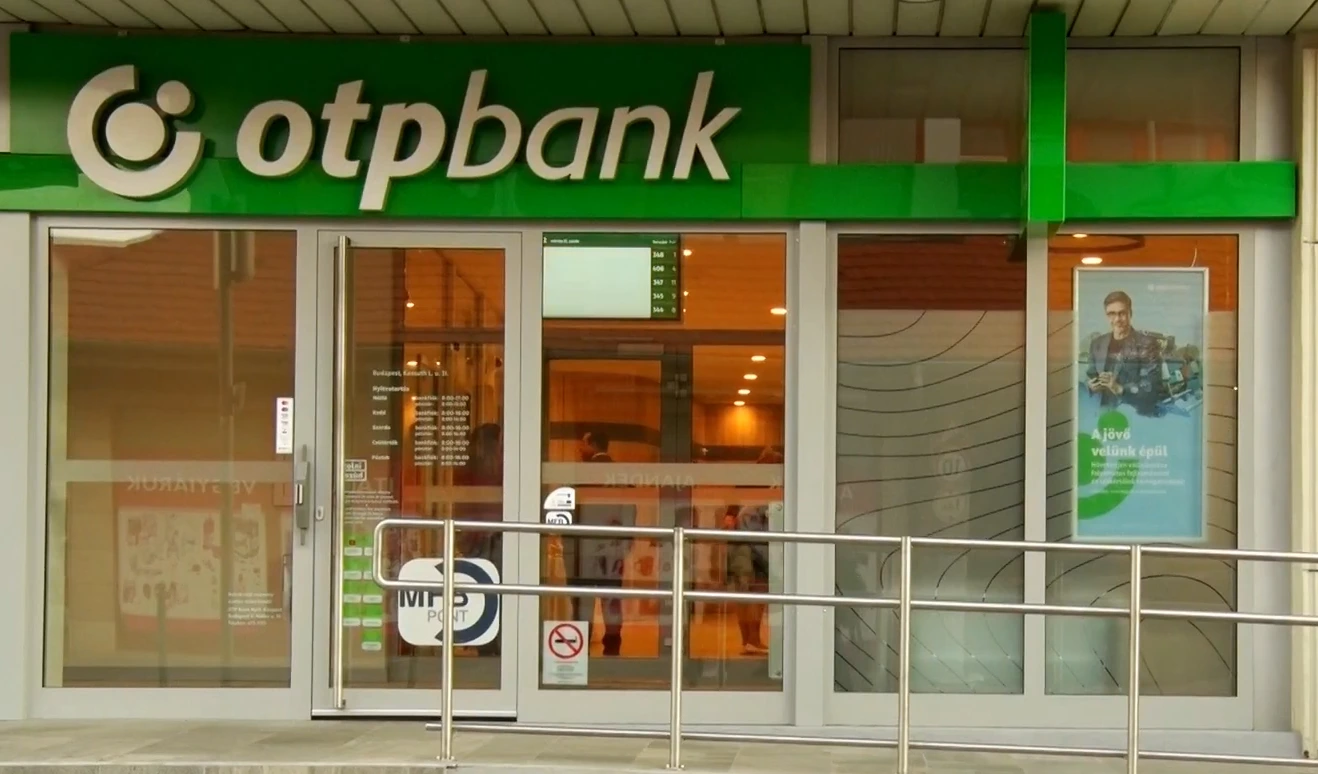Good news: Hungarian OTP Bank earnings much higher than expected while MOL struggles
Change language:
OTP Bank, Hungary’s biggest commercial lender, booked consolidated after-tax profit of HUF 318.5bn in the third quarter, climbing 8pc from the base period after adjustments, an earnings report released ahead of the opening bell on Friday shows.
Earnings beat analysts’ HUF 290.6bn consensus. OTP’s foreign units generated 64pc of after-tax profit during the quarter. Net interest income increased 15pc to HUF 444.2bn. Net revenue from commissions and fees rose 10pc to HUF 137.5bn.
Risk costs came to HUF 27bn for the quarter, including HUF 15bn in credit risk costs, mainly at OTP’s banks in Russia and Bulgaria, as provisions were released in Hungary. The divestment of OTP’s Romanian bank had a one-off positive impact of HUF 10.5bn at group level. OTP also booked a HUF 16bn fair value adjustment on subsidised home loans and prenatal baby support credit in Hungary.

OTP had total assets of HUF 41,557bn at the end of September, up 5pc from twelve months earlier. OTP affirmed earlier management guidance: FX-adjusted performing loan volume growth could exceed the 6pc in 2023, while the lender’s consolidated cost-to-income ratio could be around 45pc. OTP said there was no information to be announced about significant acquisitions for the time being, but added that the lender continued to seek potentially value creating acquisition opportunities.
All subsidiaries of the OTP Bank performing well
László Bencsik, OTP’s deputy-CEO, told journalists after the publication of the report that the lender’s profitability was “outstanding” in Q1-Q3 with ROE of 24.9pc. OTP’s liquidity and capital position are stable, while its NPL ratio improved by 0.3pp to 4.0pc, he added. In Hungary, OTP’s mortgage contract volume rose by a factor of close to 2.5 in Q1-Q3, while outlays of personal loans climbed over 60pc, beating the market average, he said. Demand for corporate credit is “modest”, while stock of loans to microbusinesses and SMEs edged up 4pc, he added.






